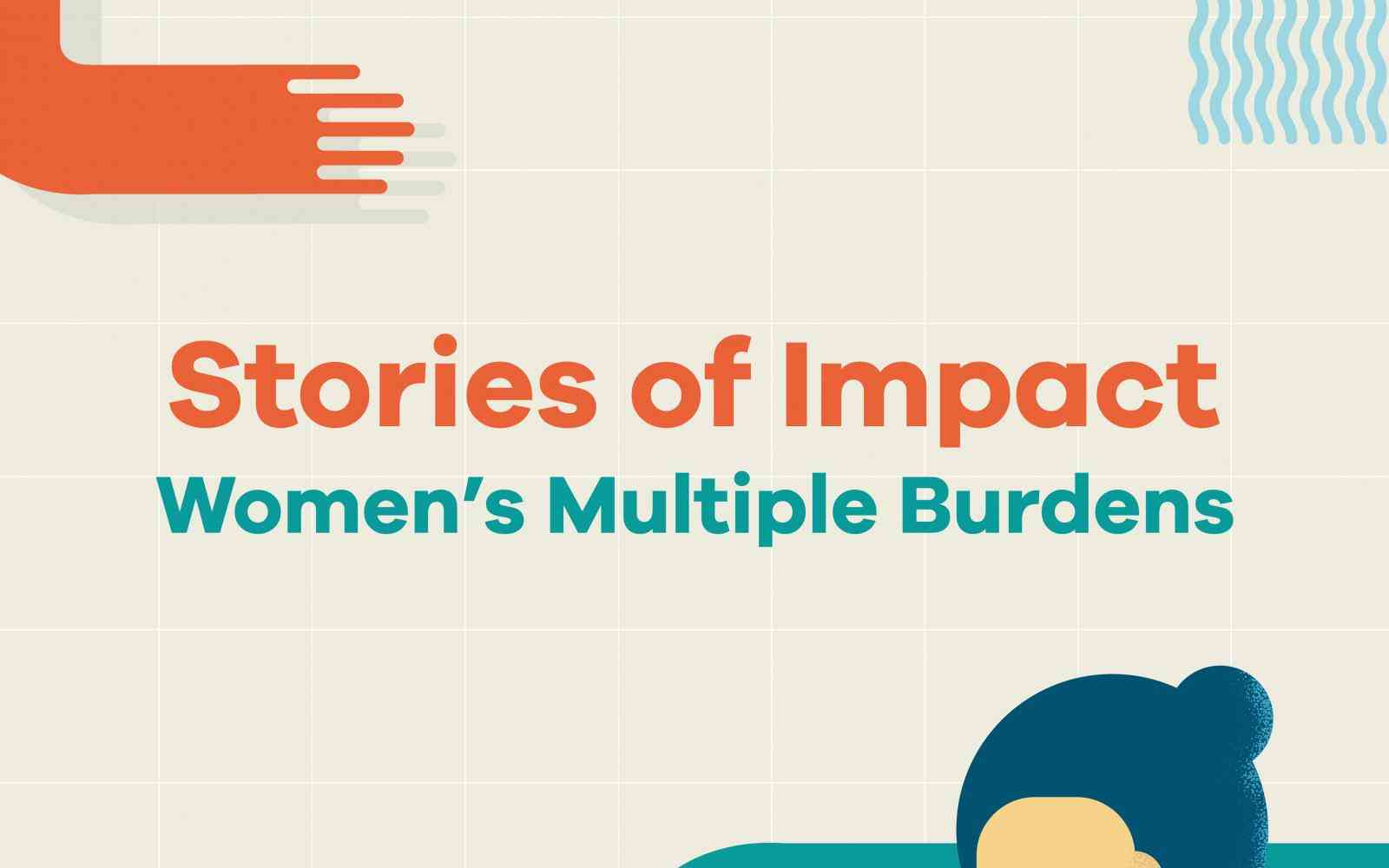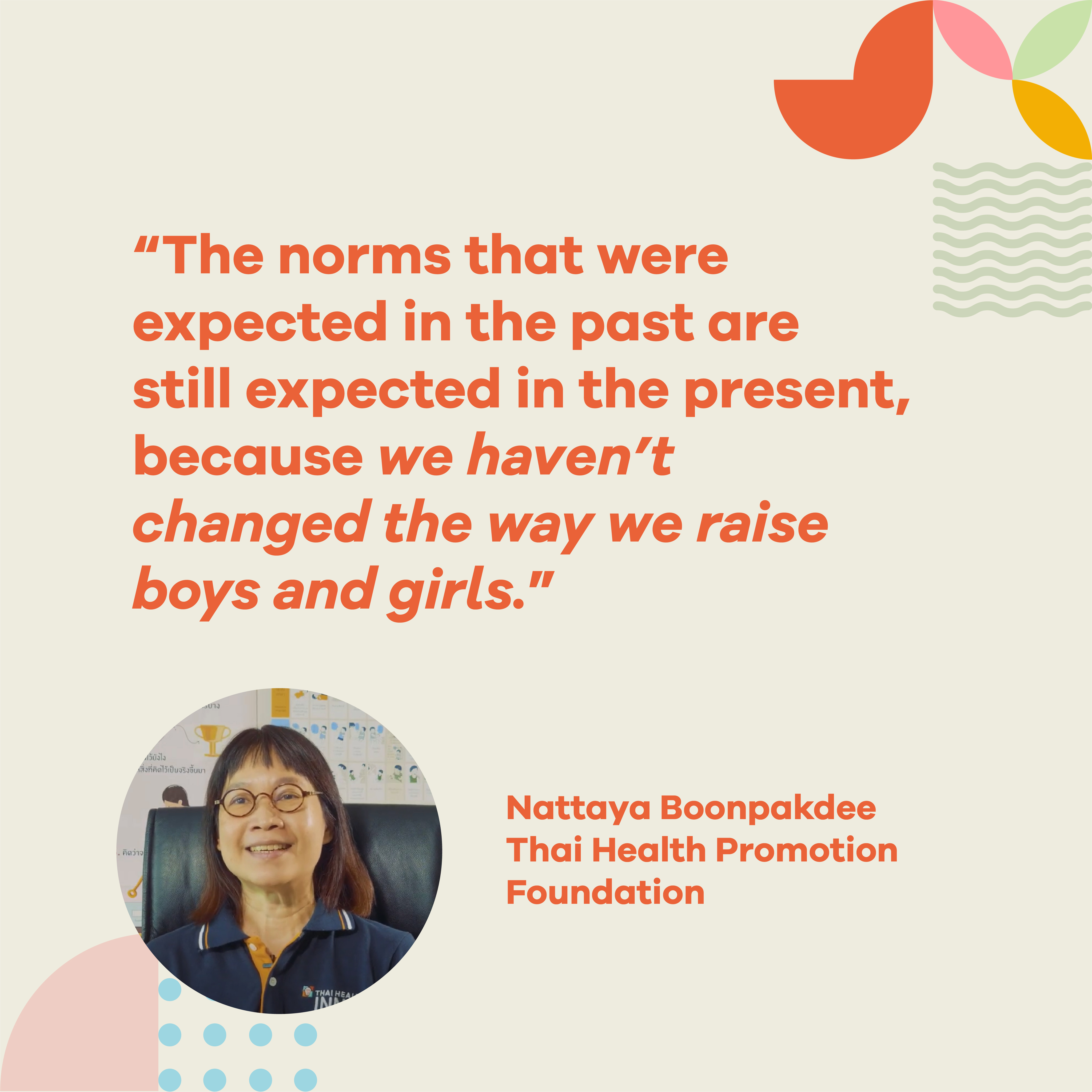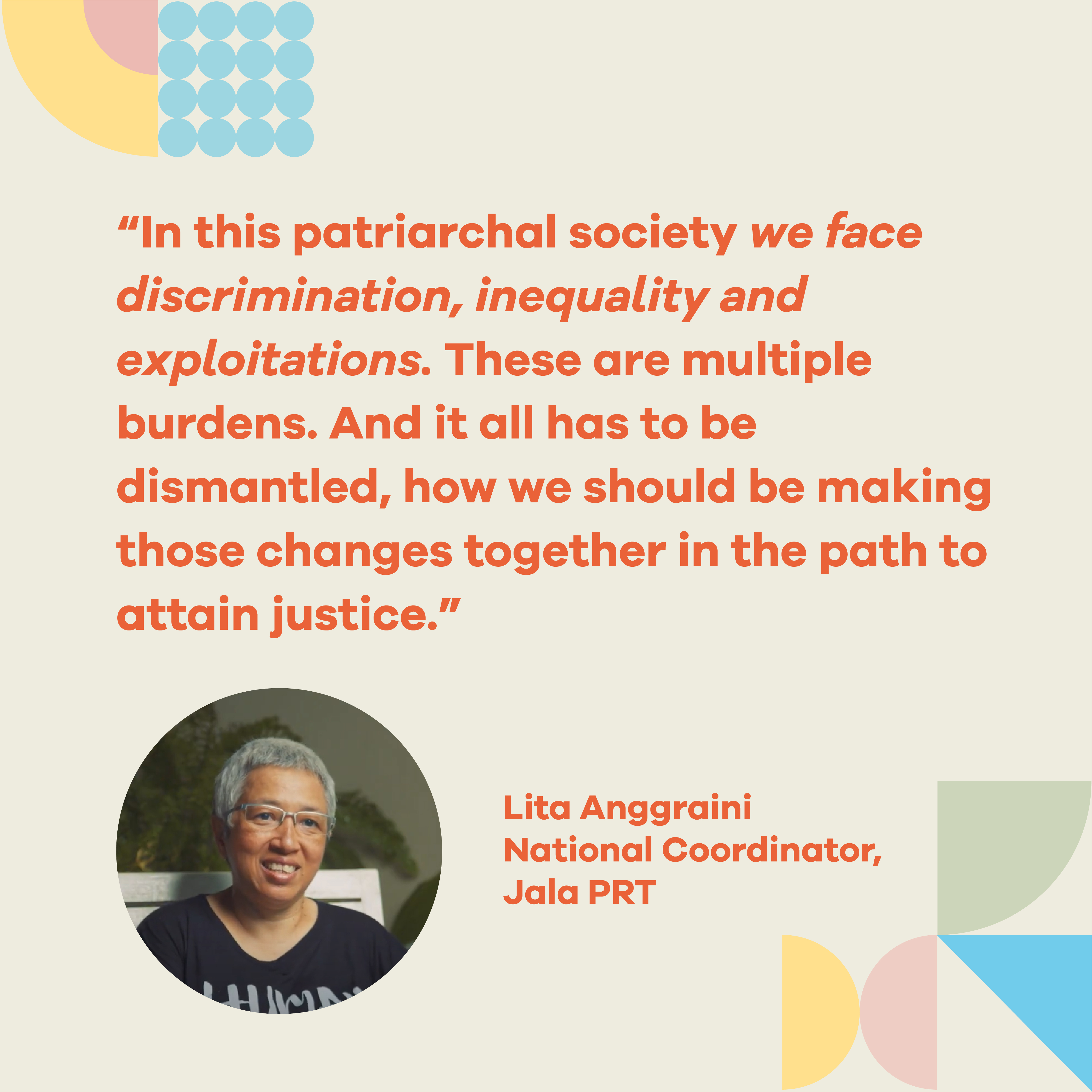In addressing women’s “multiple burdens,” change should start at home
Where patriarchy still largely dictates gender roles, unpaid care work remains a deep-seated problem. In Thailand and Indonesia, two women changemakers are leading the path toward this necessary change.


